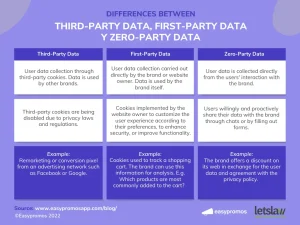Blockchain Applications for Transparent B2B Sales Negotiations

Let’s be honest—B2B sales negotiations can feel like navigating a maze blindfolded. Trust is fragile, paperwork piles up, and miscommunication lurks around every corner. But what if there was a way to bring clarity, security, and efficiency to the table? Enter blockchain.
Why Blockchain? The Trust Factor
Blockchain isn’t just for cryptocurrencies. At its core, it’s a decentralized ledger—think of it as a shared Google Doc where every edit is permanent, timestamped, and visible to all parties. No more “he said, she said.” No more backpedaling on agreed terms. Just pure, unalterable transparency.
Key Pain Points Blockchain Solves
- Contract disputes: Smart contracts auto-execute terms when conditions are met, reducing ambiguity.
- Document tampering: Once recorded, negotiation histories can’t be altered or “lost.”
- Slow verification: Instant validation of credentials (like licenses or compliance docs) speeds up due diligence.
Real-World Applications in B2B Negotiations
Here’s the deal—blockchain isn’t theoretical anymore. Companies are already using it to streamline B2B sales. Here’s how:
1. Smart Contracts for Automated Terms
Imagine a contract that self-executes when a shipment arrives or payment clears. No chasing invoices. No delays. For example, a food supplier and restaurant chain could use a smart contract to release payment only when temperature sensors confirm goods were delivered fresh.
2. Immutable Audit Trails
Every change, counteroffer, or amendment is logged on the blockchain. It’s like having a negotiation black box—useful for compliance, audits, or just keeping everyone accountable. Pharma companies, for instance, use this to track pricing agreements across global partners.
3. Tokenized Incentives
Some networks reward fair negotiation behavior with tokens (think loyalty points on steroids). A manufacturer might offer tokens for early payments, redeemable for future discounts. It’s a win-win—better cash flow for sellers, savings for buyers.
Challenges? Sure, But Not Dealbreakers
Blockchain isn’t magic. Adoption hurdles exist—integration costs, regulatory gray areas, and that stubborn “but we’ve always done it this way” mindset. But the tech is maturing fast. Private blockchains (where only invited parties participate) are easing privacy concerns, and user-friendly platforms are demystifying the process.
| Challenge | Solution Trend |
| High energy use | Shift to eco-friendly consensus models (e.g., proof-of-stake) |
| Legal recognition | Growing acceptance of smart contracts in EU/U.S. courts |
| Tech complexity | No-code blockchain tools for businesses |
The Future: Beyond the Hype
In five years, blockchain-powered negotiations might feel as normal as email. Picture AI assistants drafting smart contracts in real-time during Zoom calls, or IoT devices triggering payments the moment a warehouse scanner logs inventory. The goal? Less friction, more trust—and maybe even fewer gray hairs for procurement teams.
So, is your business ready to ditch the paper trail? The tech’s here. The question is, who’ll dare to go first?


